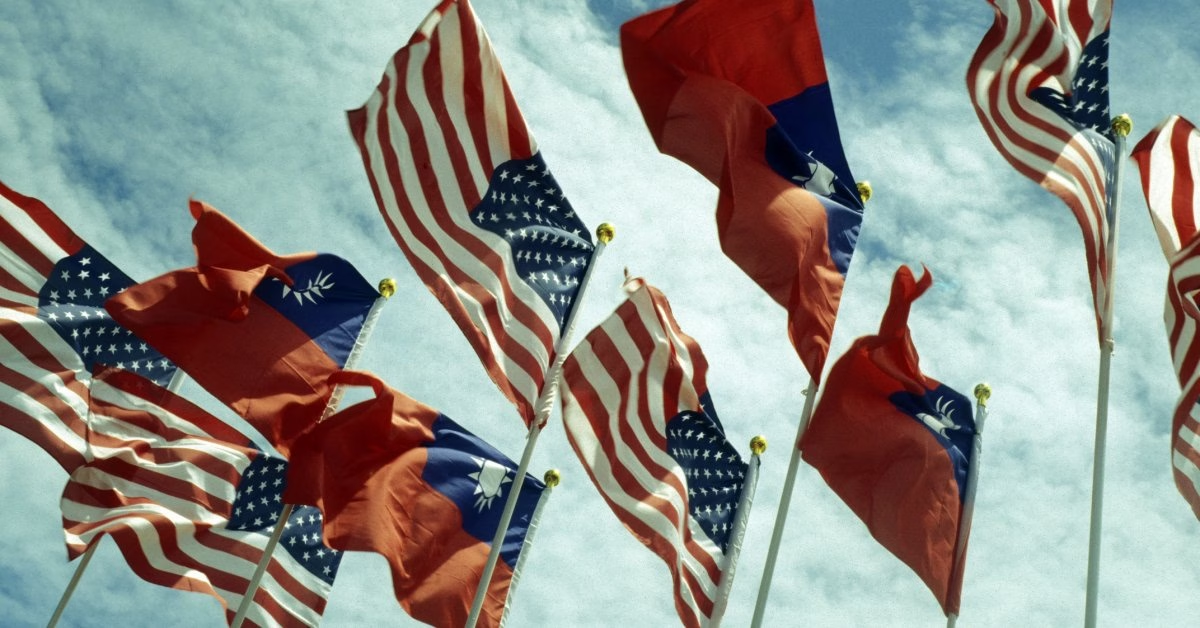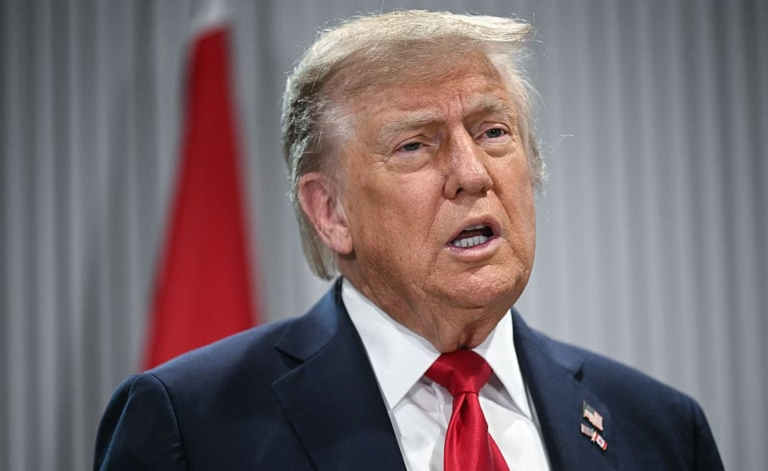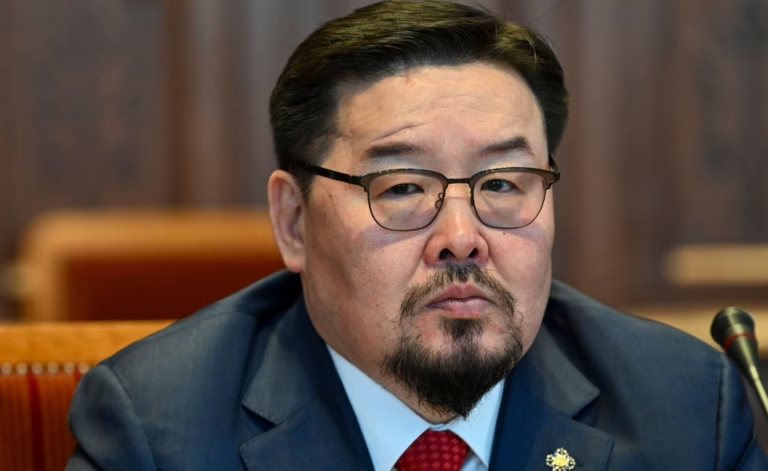Since returning to the White House, Donald Trump has been careful with his words when it comes to Taiwan. In response to a question about the U.S.-allied self-governing island, Trump refused to provide a direct answer. Trump’s lack of specific commitments is not a new approach, but there are other clues on how his administration may address the issue. When asked if the U.S. should defend Taiwan if China invades, Trump leaned into strategic ambiguity policy, refusing to answer to give away any information to reporters. This approach is similar to his transactional and insular approach to foreign policy, where he said Taiwan should pay the U.S. for defense, particularly after the island “took” the U.S. semiconductor business. This is also similar to his dealings with Ukraine, where he has shown willingness to negotiate with Russian President Vladimir Putin and potentially try to facilitate the ceding of Ukrainian territory. However, Taipei is willing to cooperate with the U.S. and has promised to increase its defense spending. The U.S. maintains unofficial relations with Taiwan, with Taiwan having the Taipei Economic and Cultural Representative Office in D.C. and the American Institute in Taiwan serving as a counterpart office. During Trump’s first term, U.S.-Taiwan relations became more robust, with congressional passed laws authorizing high-ranking officials from both Taipei and Washington to visit each other. Defense sales to Taiwan were also the highest in years: the U.S. made some $18 billion in Foreign Military Sales to Taiwan, including a $8 billion sale of 66 fighter jets. However, Taiwan has denied Trump’s claim that the island “stole” the U.S. chip business. Some colleagues in the House have urged the abandonment of the “one China” policy to foster deeper business ties and a free trade agreement with Taiwan. The State Department removed the phrase “we do not support Taiwan independence” from its fact sheet on Taiwan, saying it was a routine update. However, Beijing protested against the latest wording change, saying the U.S. has “gravely backpedaled” on the issue of Taiwan.
Source: https://time.com/7262281/us-taiwan-relations-trump-china-strategic-ambiguity-anxious-uncertainty-explainer/








